The storming of key government sites by Bolsonaro supporters, reconfirms the country’s political fractures
Riots in the Brazilian capital Brasilia, which saw supporters of former far-right leader Jair Bolsonaro storm key government sites, reconfirms the country’s political fractures, according to Verisk Maplecroft.
Thousands of protesters ransacked the Congress building - with some breaking into the Senate chamber - as well as the presidential palace, and Supreme Court in Brasilia.
Many are drawing a comparison with the storming of the US Capitol on 6 January two years ago, which was driven by misinformation. The role of Twitter is again coming under scrutiny with many blaming Bolsonaro for indirectly encouraging the violence.
Brazil’s President President Luiz Inacio Lula da Silva, known as Lula, has visited the site of the attack to inspect the damage. He vowed to punish those responsible and called the violence “acts of vandals and fascists”.
He has criticised security forces for failing to do more to stop the attacks on government buildings.
Further dent to confidence
“Events in Brasilia have put a fire under Lula’s honeymoon period and reconfirms the scale of the country’s political fractures,” commented Mariano Machado, Principal Americas Analyst at Verisk Maplecroft.
”Excitement following the narrow electoral result that granted Lula his third term in office briefly put the brakes on the calculations of how disruptive the flourishing conservative movement could become.
He described it as ’US-style culture-war politics’. ”Now, emboldened by Sunday’s demos, the question is what the movement’s endgame is, and how it might impact the country’s economic outlook.
“Future actions could continue using physical disruption - as we have seen around Petrobras’s refineries in Rio de Janeiro. Much more certain is that the events will undermine already fragile market confidence in Brazil.”
In the coming days Machado expects to see a boost in (domestic and global) support for the Lula government and democratic institutions in Brazil.
“This will help Lula with his own coalition, as growing internal tensions will have to be put aside to show a more cohesive response to the threat on democracy,” he added.





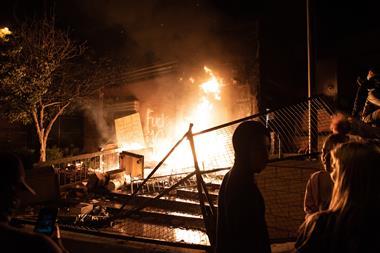
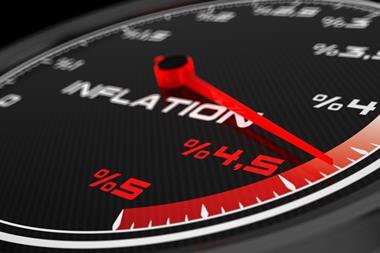
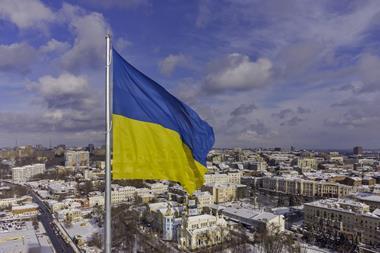
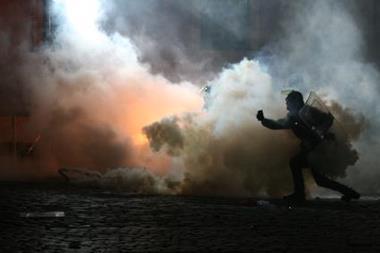
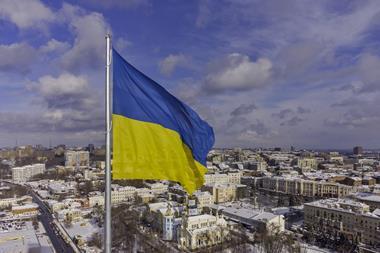
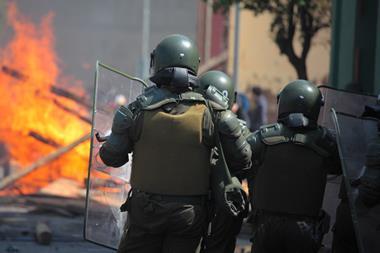









No comments yet